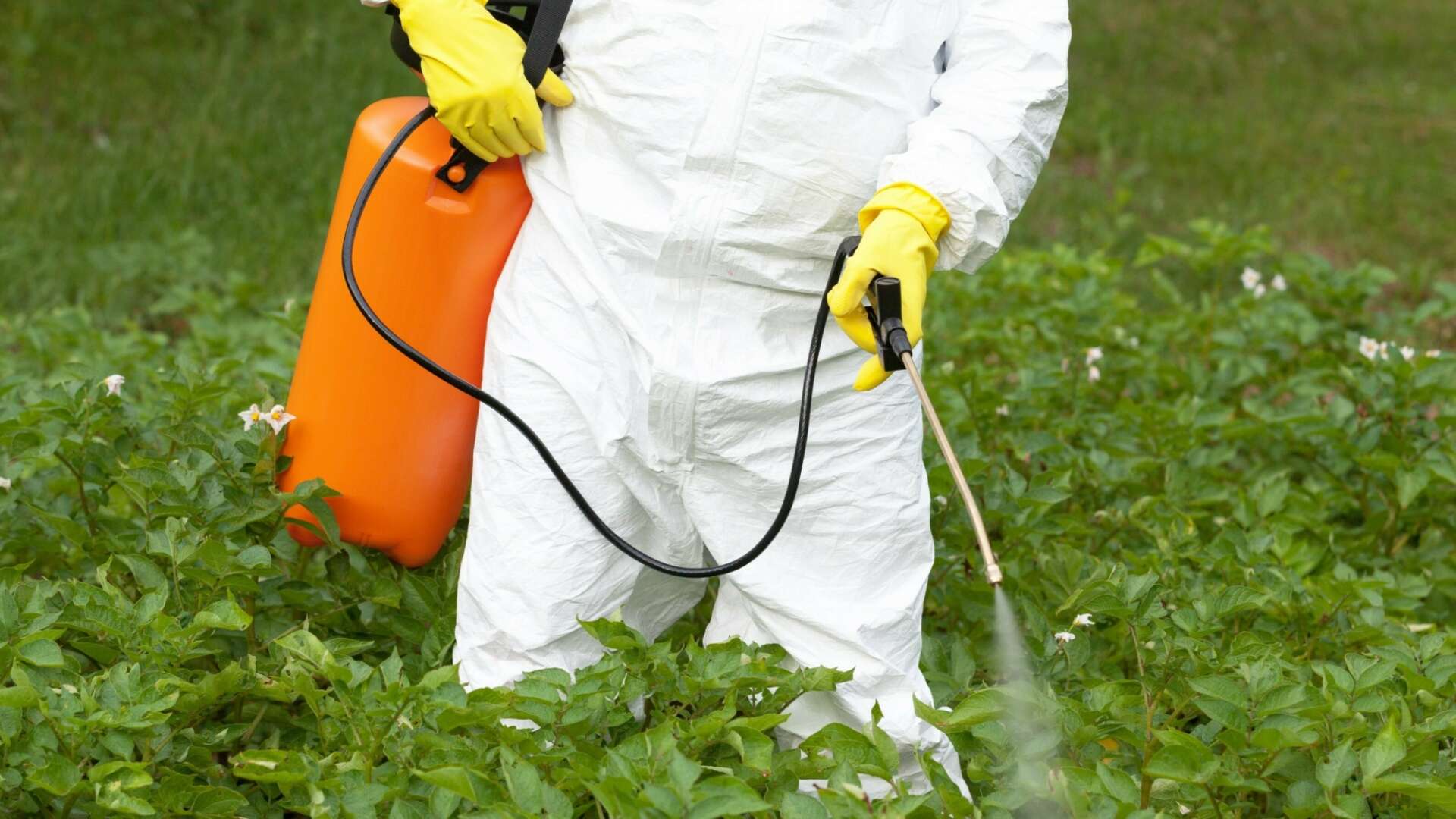Study links Glyphosate to breast cancer

Using an extremely low concentration of glyphosate (in the parts per trillion range) researchers found that it can trigger breast cancer – even when applied to noncancerous breast cells.
In the study, scientists exposed noncancerous human breast cells to minute traces of glyphosate in vitro over a course of 21 days. The cells were then placed in mice to assess tumour formation. Although cells exposed to glyphosate alone did not induce tumour growth, once the glyphosate was introduced to human cells, cancerous tumours did develop. This appears to happen for two reasons. One, the glyphosate induced an increase in the protein TET3 which affects the profile of the DNA, this is known to contribute to carcinogenesis. Secondly, the glyphosate caused the dysfunction of a crucial gene regulatory molecule which is present in the human body and helps protect against cancers.
“What was particularly alarming about the tumour growth was that it wasn’t the usual type of breast cancer we see in older women,” writes one of the authors, Prof Sophie Lelièvre. “It was the more aggressive form found in younger women, also known as luminal B cancer.”
See here to read the study in detail (our thanks to Sustainable Pulse).
Glyphosate appears in many weedkiller formulations, such as Roundup and Weedol. It was declared probably carcinogenic by the International Agency for Research on Cancer, and currently there are a number of high profile court cases in the US where individuals have successfully claimed against the manufacturers Bayer (who bought Monsanto).